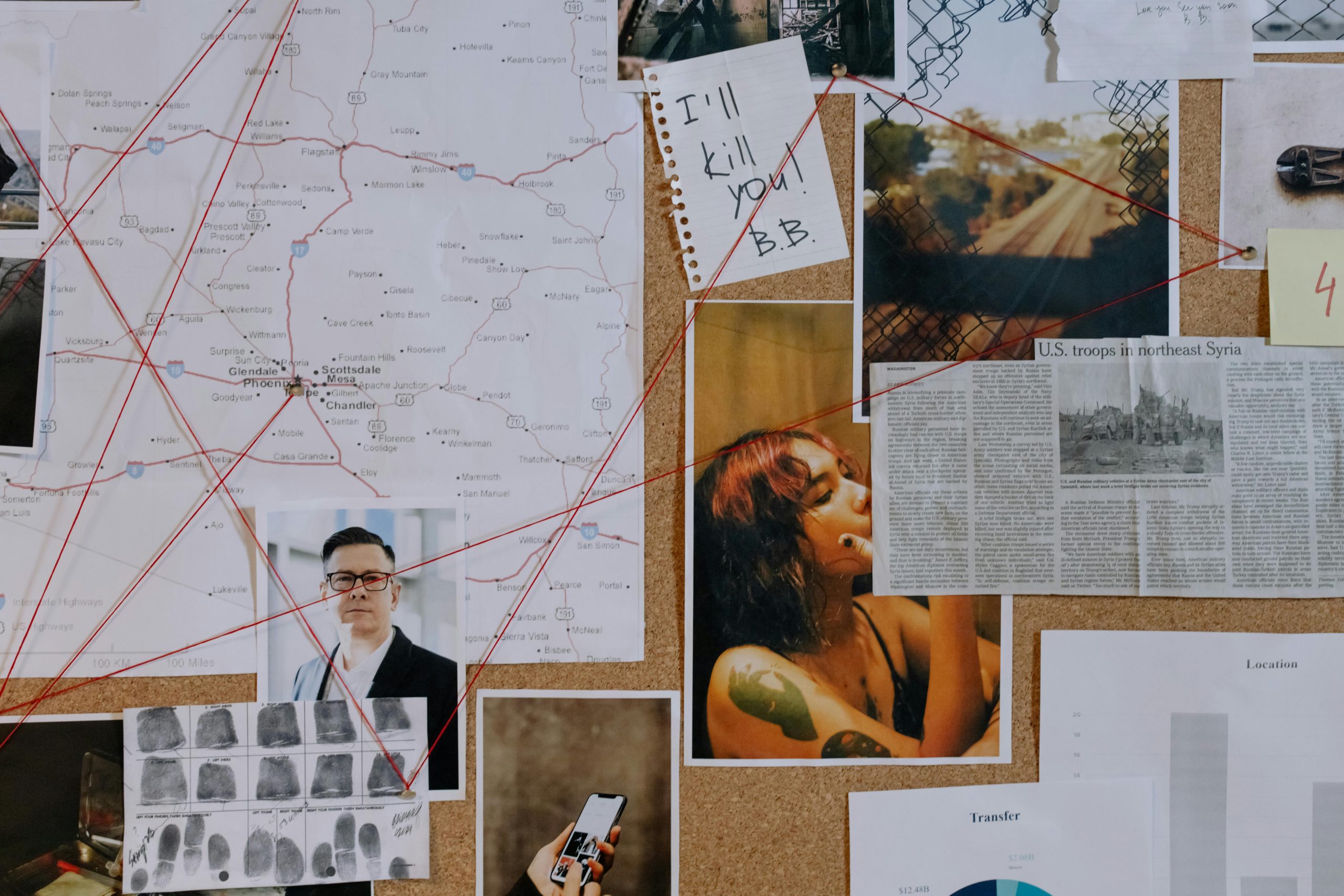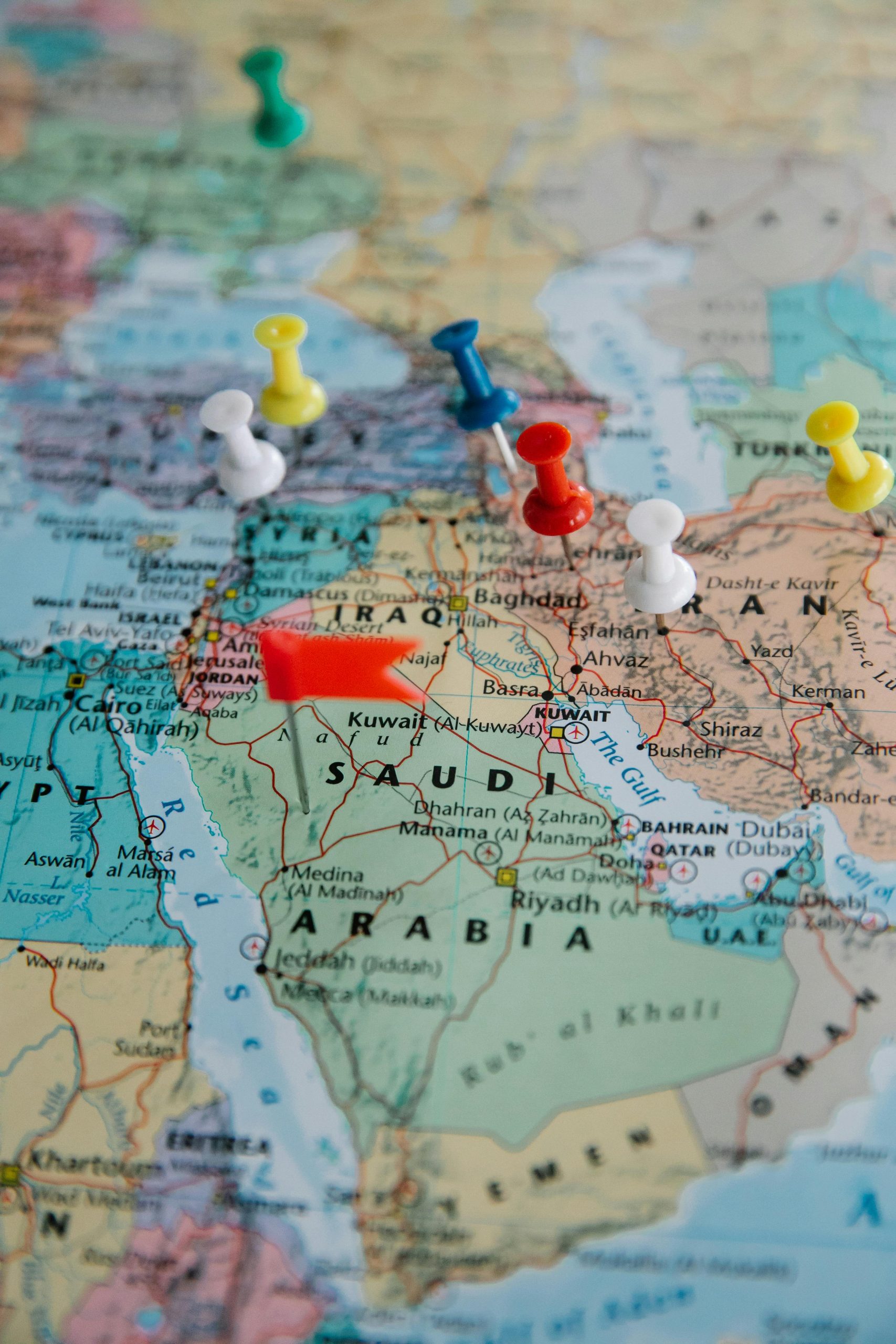The Parallels Between “The Hunger Games” and “Divergent”: A Modern Reflection on Systematic Control
In today’s society, we often find ourselves caught in systems that seem designed to keep us from achieving true freedom. Two popular dystopian series, “The Hunger Games” and “Divergent,” present compelling narratives that mirror our contemporary struggles against oppression and social inequality.
The Struggle of the Districts and Factions
“The Hunger Games” introduces us to a world divided into districts, where the impoverished masses are pitted against one another for the entertainment of the privileged elite. At the heart of the story is Katniss Everdeen, an extraordinary young woman who rises from her dire circumstances to question and ultimately challenge the authoritarian regime that exploits the populace. Her role as the “Mockingjay” symbolizes hope and resistance against the oppressive Capitol. Through her journey, we see the power of solidarity among the oppressed, igniting a revolution that leads to the downfall of a tyrannical government.
On the other hand, “Divergent” explores a society segmented into factions, each with a distinct set of values and behaviors that dictate individuals’ lives. The narrative follows Tris Prior, a young woman deemed a “Divergent,” who cannot be confined to a single identity. As she grapples with her unique capabilities, she uncovers a deeper manipulation at play—an effort by those in power to control the population. When Tris and other Divergents awaken to their reality, they discover the oppressive systems that have held them back, much like those in “The Hunger Games.”
A Contemporary Reflection on Control
These stories poignantly reflect our experiences of modern life. Many of us navigate an economic landscape characterized by rising costs and stagnant wages, effectively trapping us in a cycle of labor where the basic necessities—food, water, and energy—are commodified. The wealth gap widens as the powerful flaunt their riches while failing to support the very communities they rely on.
Consider this: What if our everyday existence is akin to living within a false reality, much like characters in these fictional worlds? The relentless grind of work—only to watch a portion of one’s earnings vanish through taxes and fees—sometimes feels like a form of modern-day slavery. For many, the narrative of life consists of working tirelessly for decades, punctuated by brief moments of joy before retirement, often spent in a frail state.
However, there are those




Thank you for this insightful post! The connections you’ve made between “The Hunger Games” and “Divergent” are especially relevant in today’s socio-political climate. Both narratives not only highlight systemic oppression but also emphasize the importance of individuality and collective action in the face of authoritarian control.
One point that stands out is the exploration of identity in “Divergent.” Tris’s struggle against the limitations imposed by her society resonates deeply, as many individuals today grapple with societal expectations that often dictate conformity at the expense of personal growth and freedom. This ties nicely into the struggles depicted in “The Hunger Games,” where Katniss symbolizes not just rebellion against oppression but also the power of hope that inspires others to join the fight for change.
Moreover, your commentary on the economic landscape serves as a powerful metaphor for contemporary existence. The commodification of basic necessities can feel like an insidious form of control, akin to the games the characters are forced to play. This reflection should encourage us to question our roles within such systems and consider how we can foster solidarity and collective action in our own communities, much like the protagonists in these series.
As we navigate through these challenging times, it’s essential to remember that while these stories are fictional, the lessons they impart about resilience, empathy, and empowerment in the face of adversity are very real and applicable. Engaging in discussions and actions that challenge societal norms is a step towards creating a more just and equitable world. What strategies do you think we can adopt to channel